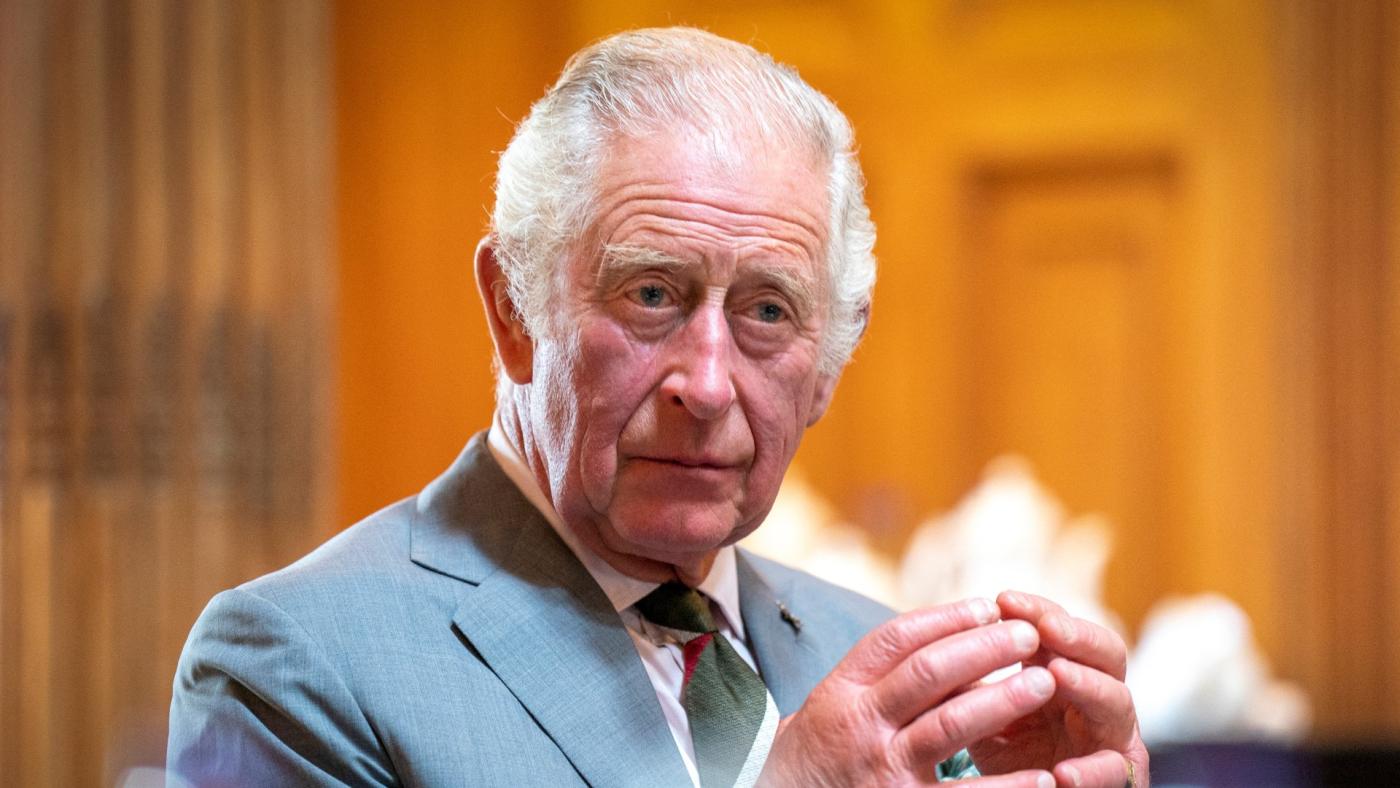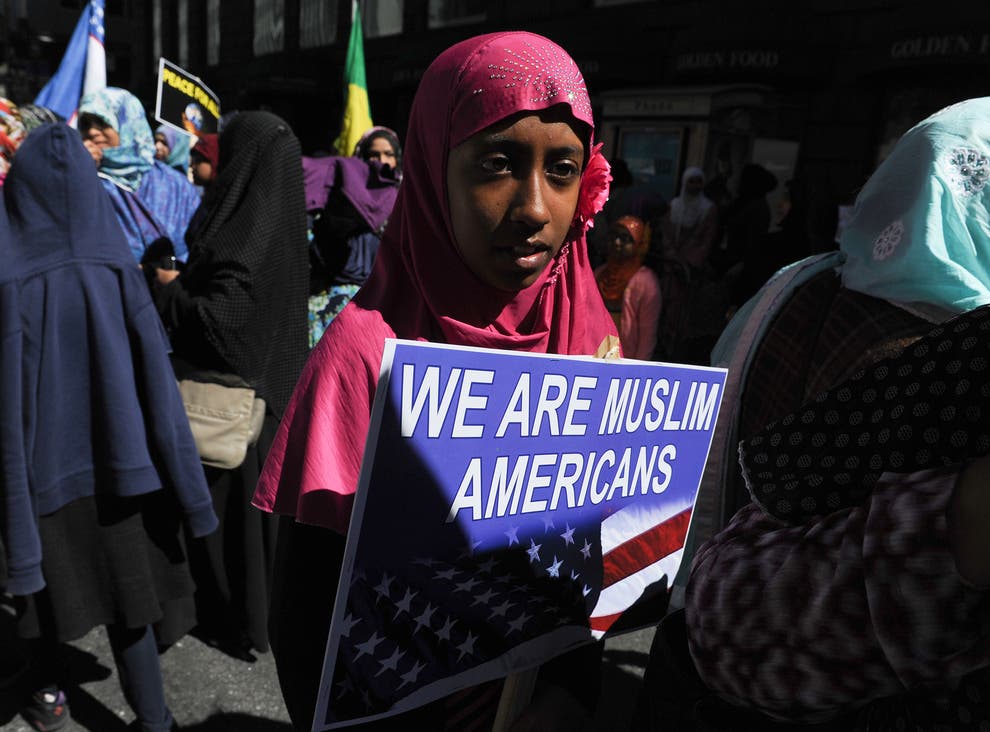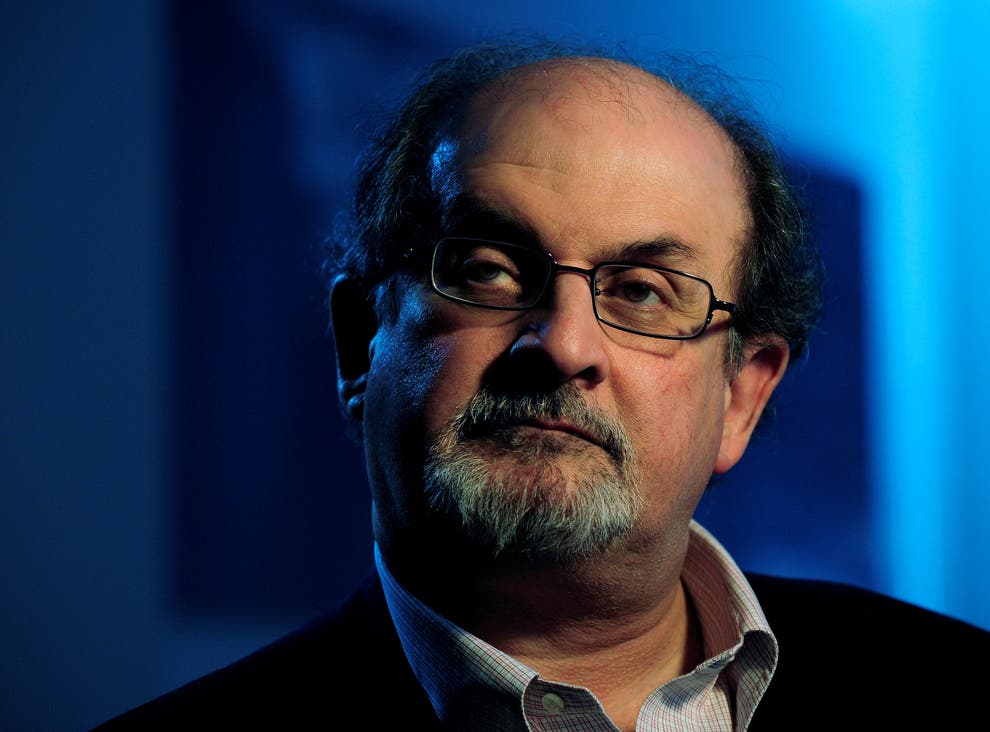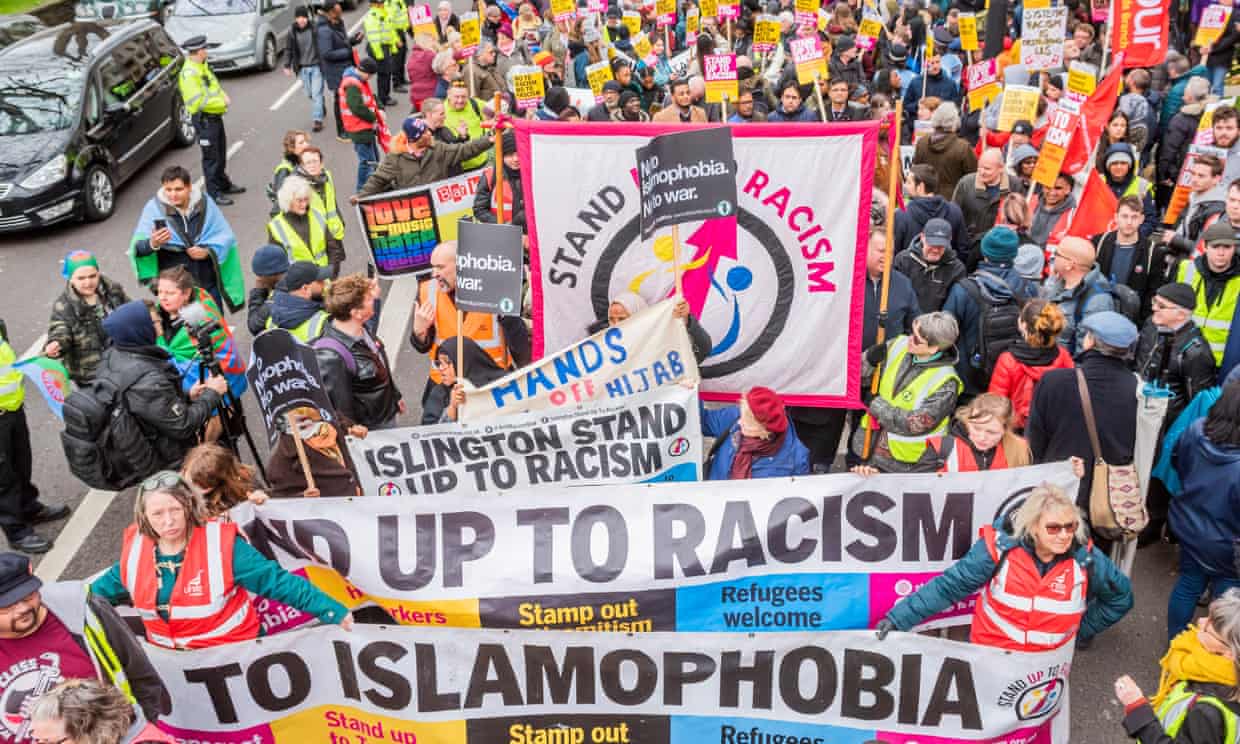ANGOLA, La. — Like most of his fellow inmates, Daryl Walters, 45, can expect to spend the rest of his days in the infamous prison on a former slave plantation here. Yet there he was on a recent evening, preaching the Gospel to 200 men in a spired church in the heart of the Louisiana State Penitentiary, talking salvation and joy to murderers and rapists and robbers who waved their arms to an inmate band’s Christian worship music.
Mr. Walters is a graduate of one of the most unusual prison programs in the country: a Southern Baptist Bible college inside this sprawling facility, offering bachelor’s degrees in a rigorous four-year course that includes study of Greek and Hebrew as well as techniques for “sidewalk ministry” that inmates can practice in their dorms and meal lines.
There are 241 graduates so far, nearly all lifers who live and work among their peers. Dozens of graduates have even moved as missionaries to counsel or preach in other prisons.
Beyond the bachelor’s degrees, the college has granted hundreds more certificates or associate degrees, producing a cadre of men who lead churches, provide informal counseling in their dorms and take on what many describe as their hardest task — informing fellow inmates when a loved one on the outside has died.
The graduates include 15 Muslims, who took the same Bible-based courses but minister to the 250 Islamic inmates.
Some 2,500 inmates attend church regularly, according to Cathy Fontenot, assistant warden — mostly Protestant or Roman Catholic but also Muslim, Jewish and Mormon services. The prison population is 75 percent black, with a small number of Latinos.
The prison college has received growing outside attention. A similar collaboration with a Southern Baptist seminary has started in Texas, where inmates with sentences of at least 10 years are eligible. In-prison Bible colleges have also been started or are under discussion in California, Georgia, Illinois, Mississippi and other states.
The American Civil Liberties Union has watched for signs that the seminary or the prison has crossed constitutional lines by using state money or coercion to promote religion. In the past, the group has sued Angola to force the removal of a biblical citation at the entrance and to give a Muslim graduate of the seminary access to materials from the Nation of Islam, the American Muslim group that is more entrenched in northern prisons.
Still, the seminary appears to be legal because it is paid for privately, is voluntary and admits non-Christians, said Marjorie R. Esman, the executive director of the A.C.L.U. in Louisiana.






